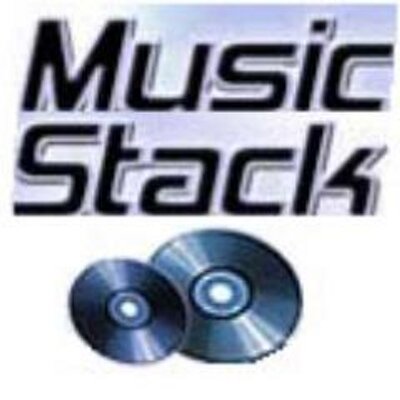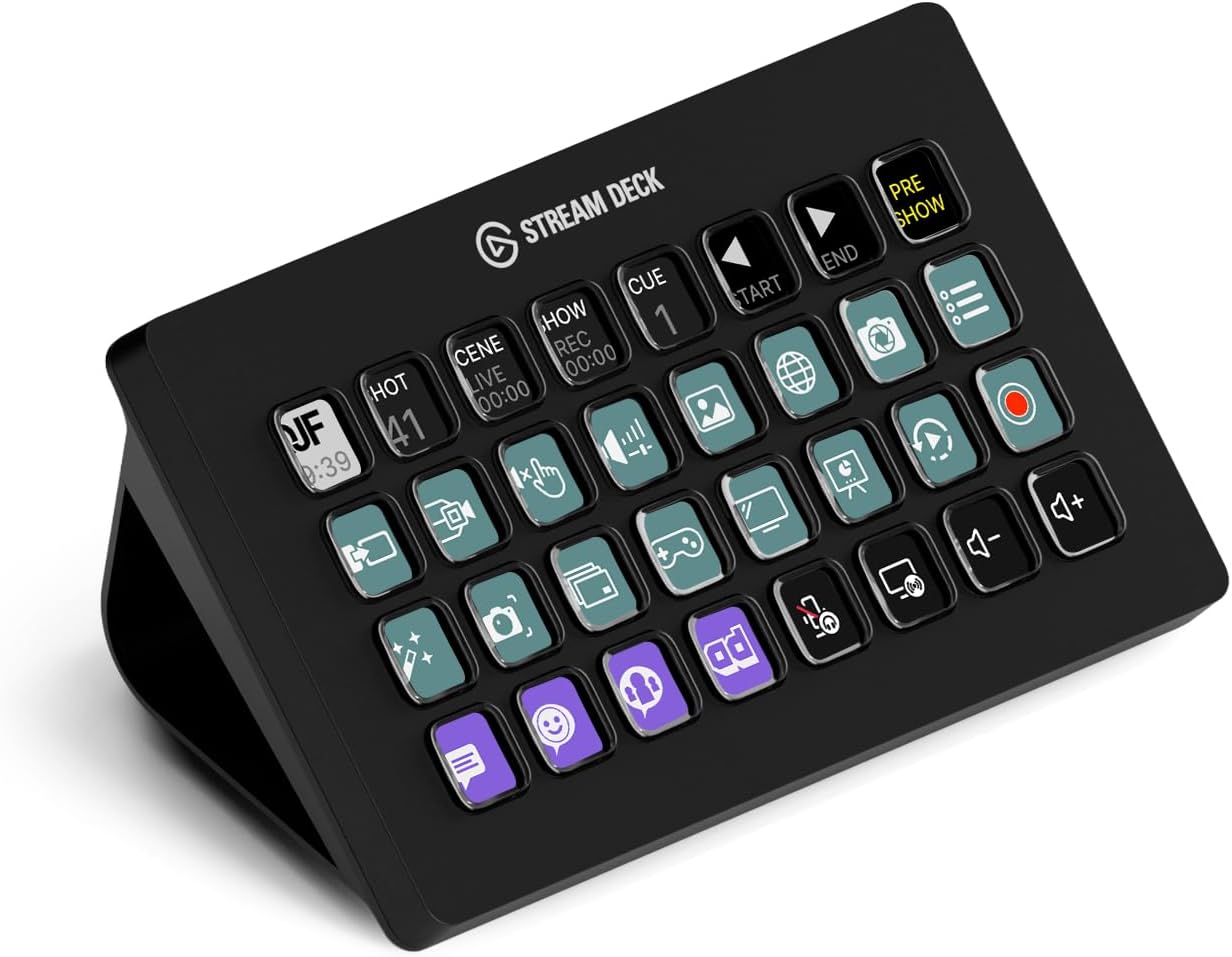Album Info (This Release)
VISITOR RATING
RELEASE DATE
LABEL
LABELCODE
MEDIUM
GENRE
SUBMIT CORRECTIONS
RELEASE DATE
LABEL
LABELCODE
MEDIUM
GENRE
SUBMIT CORRECTIONS
2012
OMNIVORE
LP VINYL
JAZZ FUNK / FUNK
OMNIVORE
LP VINYL
JAZZ FUNK / FUNK
Total Visits This Week
Releases
| Label | Cat# | Country | Medium | Year | |
|---|---|---|---|---|---|





THE MUSIC CITY SESSIONS VOLUME 1: RICHMOND EXPERIENCERichmond, California, Boasts A Defiantly Working-class Blue-collar Landscape. It’s A Tough, No-nonsense Environment, Where The Street Rules Supreme. In The 1970s, The City Began A Still-ongoing Tug-of-war Between Redevelopment And Insidious Urban Decay. But As Much As It Is The City Of The Infamous Iron Triangle, Richmond Also Has Produced Some Of The Most Vibrant And Engaging Musical Talent To Emerge From The Entire San Francisco Bay Area, Particularly In The R&B Field. The Struggles Of Richmond Are Reflected In The Street Sounds Of Its Musicians, And Those Of The Large African-American Community Of The East Bay As A Whole. Richmond, Oakland, Berkeley—all Bring An Urgency To The Music Of Their Constituents. And While Not Everyone On This Compilation Called Richmond Home, The Locale Personifies The Down-and-dirty Gritty Vibe Quite Clearly Represented By The Sounds On This Collection.In The Early 1970s, One Place Where A Hopeful Soul Or R&B Act Got To Put Down The Sound Was The Funky East 14th Locale Of Ray Dobard’s Music City Recording Studios In Oakland. Dobard Liked To Advertise His Facility As Being In And Of “the Hood,” Even If His Reputation As An Equal-opportunity Exploiter Was Already Old News Amongst Black Musicians. He Had Recently Reactivated His Music City Label And Was Eager To Draw Talent To The Studios, As Much To Sign Them As To Relieve Them Of Their Hard-earned Dollars, In Return For Studio Time. Dobard’s Engineering Abilities Proved Seat-of-the-pants At The Best Of Times, But At This Late Date, The Audio Deficiencies Often Encountered On Music City Session Tapes—buzz And Hum, Phase Problems, And Frequent Distortion—actually Contribute In A Strange, Intangible Way To The Raw Flavor Inherent To Much Of The Music He Recorded: Particularly That Of The Funk Idiom, A Genre That Today Boasts Plenty Of Sought-after Items That Sound As If They’d Been Recorded In The Potting Shed. His Lack Of Technical Expertise Communicates A Weird Immediacy To The Proceedings, Which In Combination With The Occasional Veracity Of The Musicians—drunk, High, Inexperienced, Or A Combination Of All—makes For Compelling Listening.A Bona Fide Richmond Native Featured In This Volume Is Also One Of The Most Talented Players To Have Emerged From The Region: Keyboard Demon Kevin Burton. Kevin First Cut His Teeth Professionally With The Two Things In One, Playing On Their Initial Sessions For Music City, And Penning Most Of Their Original Material, Including The Debut Single “Silly Song,” Until He Left For A Lucrative Road Gig With Freddie King In The Summer Of 1972, Opening For Leon Russell All Across The U.S. Upon His Return To The Bay Area The Following Summer, Burton Entered The Music City Studio To Lay Down Some Musical Ideas. At The Time, He Had Gathered An Ad Hoc Group Of Local Players That He Dubbed Peace, For What Were Essentially Demos. The Multi-layered Instrumental “Richmond Experience” Boasts Some Of The Flavor Of Billy Preston, And Features Ronnie McMillin On Bass And Michael Kenney On Guitar And Percussion; The Sly-infected Groove Of “Freedom Train” Includes Bassist Henry Oden, Drummer Jimmy Bradford, And On Treated Vocals, “Lady Bianca” Thornton.The Soul Sensations Were A Youthful Outfit From San Mateo On The San Francisco Peninsula, Doyens Of Sullivan’s And Other Ghetto Bars In That Locale. The Group Is Represented Here By A Loping Jam Taped At Music City In September 1972, With The Appropriately Funky Title Of “TP Paper.” This Rough And Ready Workout Sounds Very Different To “A Man That Is Not Free,” The Sweetly Chanted Local Hit The Group Would Enjoy On Music City The Following July, Featuring Lead Singer Maxine Gales, Whose Father Jack Managed The Group And Brought Them To Dobard. The Instrumental Core Of The Sensations Was Roy Rose And Ladrew Burnside On Guitars, Bassist Melvin Anderson, And Drummer Charles Burnside, Along With A Horn Section That Comprised Joe Wells On Sax And Michael Mayshack On Trumpet.Alternately Know As Vic Green Or Big Vick Hammond—although His Given Name Was Victor Leonard—Victor Green Was An East Bay Fixture Throughout The 1970s And 1980s. The Imposing New Orleans Native Had Played Drums On The Road With The Likes Of Fats Domino And Lloyd Price, And Released At Least One Collectible Piece Of Vinyl, Featuring Deloris Ealy, On His Own Label, Big Vick Hammond. Green Used The Music City Studio For His Own Sessions On Several Occasions Later On, Usually Experimenting With Disco Themes, But His First Visit Was In April 1973, Where He Recorded The Tasty Tracks Presented Here, “Gumbo” And “Giant Hamburger (Part Two).” They Are Incredibly Raucous Hunks Of Untutored Funk, With Literally Everything Thrown Into The Pot—wah-wah Guitar, Organ, Horns, Rubbery Bass, Fatback Drums, Even Harmonica—over Which The Drummer Good-naturedly Jibes With “Willie”; Not The Obligatory Willie Shout-out Heard On So Many Soul And Funk Records, But Green’s Partner Willie Hunter. The Duo Was Inked To A Contract The Following Month, But As Usual Dobard Chose Not To Release The Record. If It Had, The Single Would Likely Be An In-demand Item Today, Just For The Sheer Viscerality That Would Have Been Present In The Grooves.There Were Other Acts Dobard Recorded That Are Responsible For High-dollar Collectibles—just Not With Music City. The Crude But Highly Regarded “Turn It Over” By Chucky Thurmon Was Released On The Singer’s Own Self-distributed Label Thurmoe Blast A Year Before He Visited The Studio In July 1973, This Time In The Company Of A Combo Known As Pharris Wheel. The Other Members Are Listed As Glenn Pharris, Lewis Curry, And Jerry Silva, And The Group Headquartered In The North Bay Area City Of Vallejo. Nothing Happened With Their Session, Which Included The Pulsing “Just A Man,” Probably Because It Was Not Obviously Commercial Enough For Dobard (although He Saw Fit To Include Himself In The Original Writing Credit). Via His Solar Music Group, Thurmon Later Became An Early And Successful Proponent Of Local Rap Artists. East Bay Blues Institution Jimmy McCracklin Produced The Sought-after Version Of “Check Me Out” By The Pre-pubescent Little Denice Stevenson On His Ruthie’s Label In 1975; The Stripped-down Take Heard Here Appears To Be From A Different Session, Possibly An Audition For Music City.In A Tradition That Went Back To His Very Beginnings As An Entrepreneur—and A Technique That Had Also Netted Him Several Of His Most Successful Artists—Dobard Held Open Talent Calls At The Studio, Auditioning Vocalists And Groups Literally On The Spot, With The Tape Machine Running Of Course. Amongst Many Acts That Showcased In This Manner For Music City Were The Soul Messengers, Whose October 1971 Audition Sports A Sound Typical Of Bay Area Clubs In That Era, Where More Overt Rock And Jazz Influences Began To Surface, Along With An Increasingly Funkier Backbeat. Some Groups Were In And Out Of The Studio So Fast, Dobard Did Not Even Have Time To Take Down Their Particulars, And The Music City Stash Includes A Lot Of Tapes Of This Nature. The Unknown Players That Cut “Get Down” Render The Groove Down To Its Very Essence—their Audition Also Includes A Similarly Earthy Take On “Superstition”—while Another Anonymous But Supremely Funky Quartet Delivers The Pulsing “Havin’ Fun.”—Alec PalaoEl Cerrito, California
Feature Your Comment Here?
Write Comment